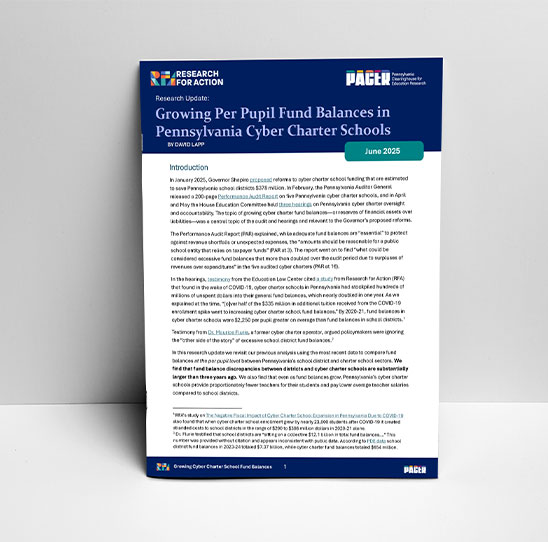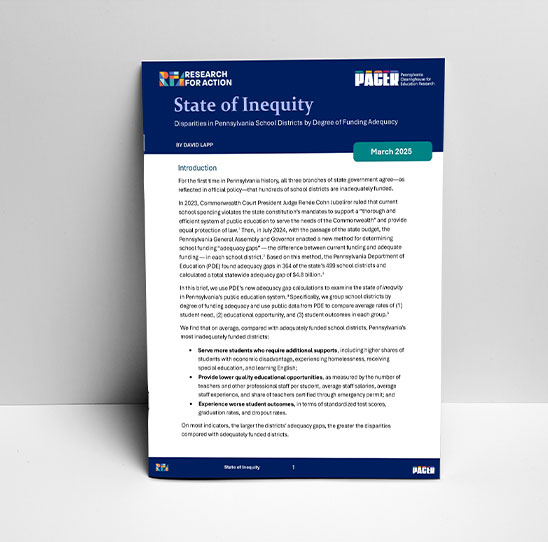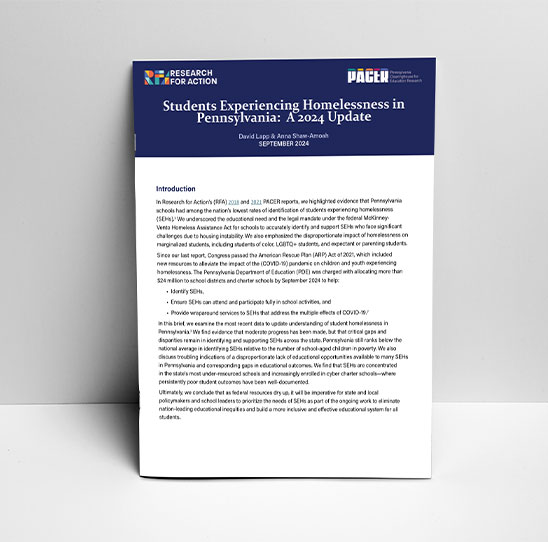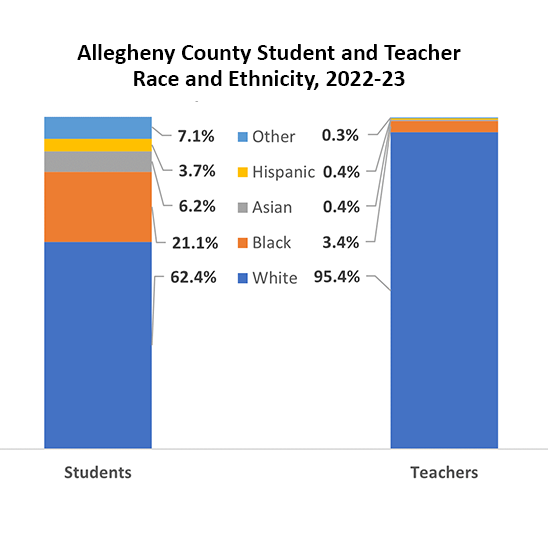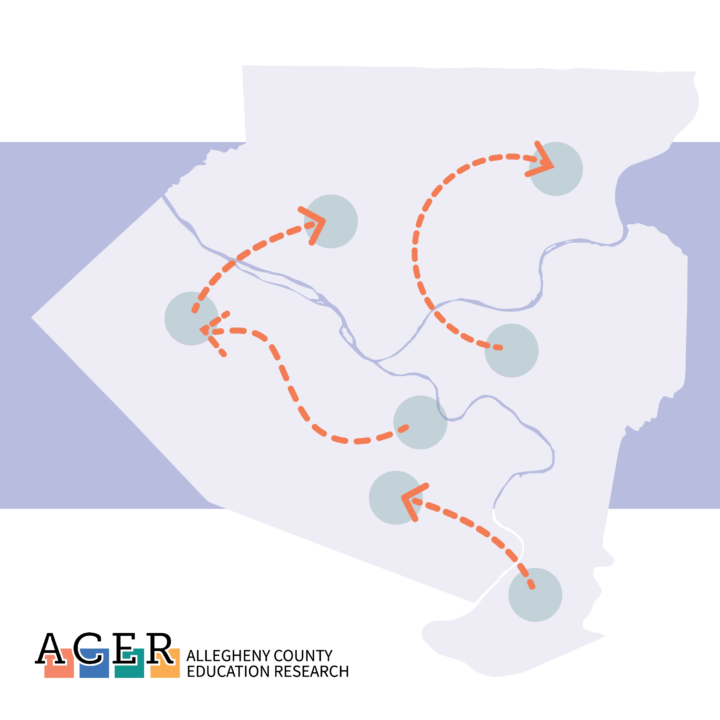In 2005, New Hampshire shifted from “seat-time” requirements for grade-level advancement
and graduation to a competency-based education system. The state subsequently required all
local school districts to adopt and implement a competency-based assessment process and to
define course-level competencies so that credits toward graduation could be awarded based
on mastery. Since 2008-09, the New Hampshire Department of Education has spearheaded
the implementation of extended learning opportunities (ELOs) as a component of competency-
based programs in high schools across the state. The state defines extended learning as
the “acquisition of knowledge and skills through instruction or study outside of the traditional
classroom methodology, including, but not limited, to apprenticeships, community service,
independent study, online courses, internships, performing groups and private instruction.”
School districts do not have to adopt ELOs; however, those that offer ELOs are required to have
a policy for granting credits for students who successfully demonstrate competencies as a
result of their participation.
In this report, RFA provides a comprehensive analysis of ELO program effects in New Hampshire. Specifically, we examine how various components of district and school-level ELO implementation relate to student participation and how ELO participation influences interim and longer-term student outcomes. The report also provides some sub-group analyses exploring the unique effects of ELO participation on the outcomes of at-risk students. These analyses follow a two-year data collection process, during which Research for Action constructed a robust data set in partnership with the state’s Department of Education and 22 high schools. We also administered a statewide survey to all New Hampshire schools implementing ELOs in order to better understand their effects across the state.

